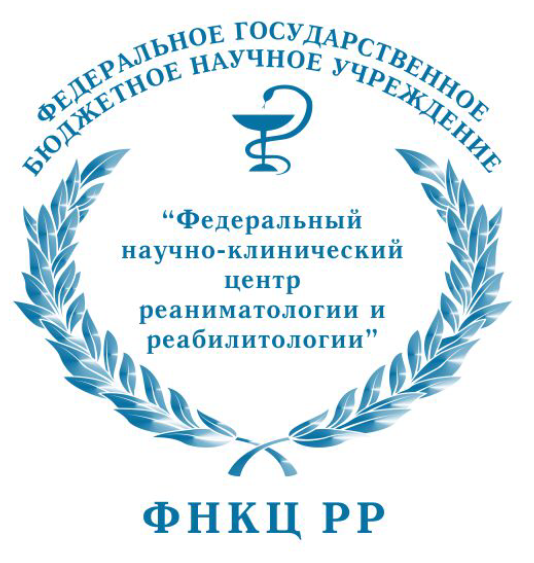
|
ИСТИНА |
Войти в систему Регистрация |
ФНКЦ РР |
||
POLYAMIDE-IMIDES AS NOVEL HIGH PERFORMANCE PRIMARY PROTECTIVE COATINGS OF SILICA OPTICAL FIBERSдоклад на конференции
- Авторы: Zabegaeva Olesya N., Kosolapov Alexey F., Semjonov Sergei L., Cherepkova Maria A., Ezernitskaya Mariam G., Afanasyev Egor S., Godovikov Ivan A., Chaika Elena M., Chuchalov Alexander V., Sapozhnikov Dmitriy A.
- Всероссийская с международным участием Конференция : Всероссийская конференция с международным участием «Химия Элементоорганических Соединений и Полимеров - 2024»
- Даты проведения конференции: 18-22 ноября 2024
- Дата доклада: 19 ноября 2024
- Тип доклада: Стендовый
- Докладчик: Zabegaeva Olesya N.
- Место проведения: Москва, Россия
-
Аннотация доклада:
Novel thermostable primary protective coatings with high operational reliability have successfully been developed on the basis of polyamide-imides (PAIs). PAIs with different chain rigidity and molecular weight were synthesized by low temperature polycondensation of various tetracarboxylic acid dianhydrides and terephthaloyl chloride with 9,9-bis(4-aminophenyl)fluorene or 2,2-bis(trifluoromethyl)benzidine in NMP. The effect of temperature, the order and duration of the interaction of reagents on the yield, molecular weight and properties of the resulting polymers has been studied.1 A synthetic approach yielding high-molecular-weight PAIs (Mw = 84–365 kDa, ηinh = 0.6–2.6 dL/g) in contrast to the conventionally utilized methods has been developed. All synthesized polymers exhibited high heat resistance (Tg = 260–360 °C), thermal-oxidative stability (T10% ~500 °C) and formed quite tough films (σ =100–190 MPa, E = 0.9–4.2 GPa, ε = 9–30%).2 Coatings with good adhesion to silica optical fiber and a desired thickness of ~10 μm were produced from a solution in NMP without the traditional use of a coupling agent in one deposition cycle (Figure 1). It was established that the structure and molecular weight of PAI, as well as the deformability of film therefrom, are crucial for obtaining tough durable coatings. The best results were obtained for optical fibers protected by highly elastic PAIs (elongation at break ~16–30%, Mw ~ 200 kDa) based on 2,2-bis(trifluoromethyl)benzidine. The optical fibers with such coatings can withstand 300 or 350 °C for 72 and 3 h accordingly retaining >80% of the original bend strength, which is a warranty for stable fiber life for a long time.2
- Добавил в систему: Забегаева Олеся Николаевна